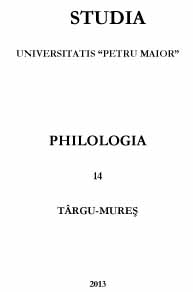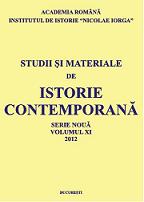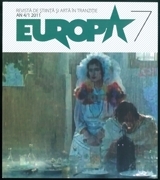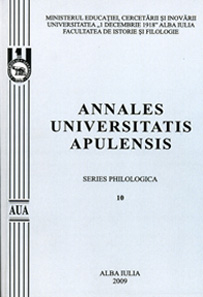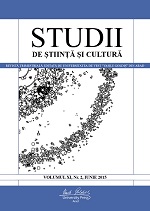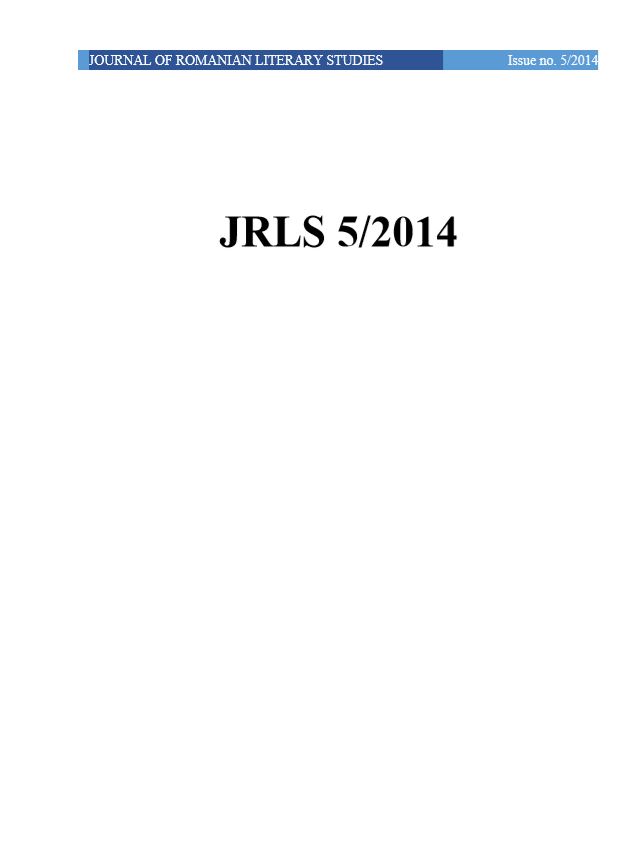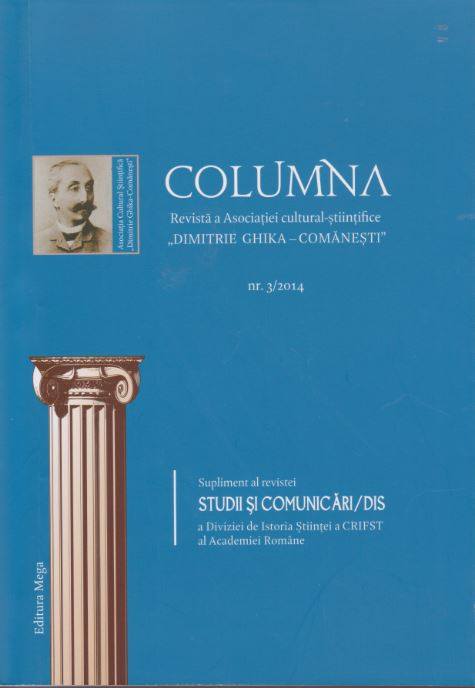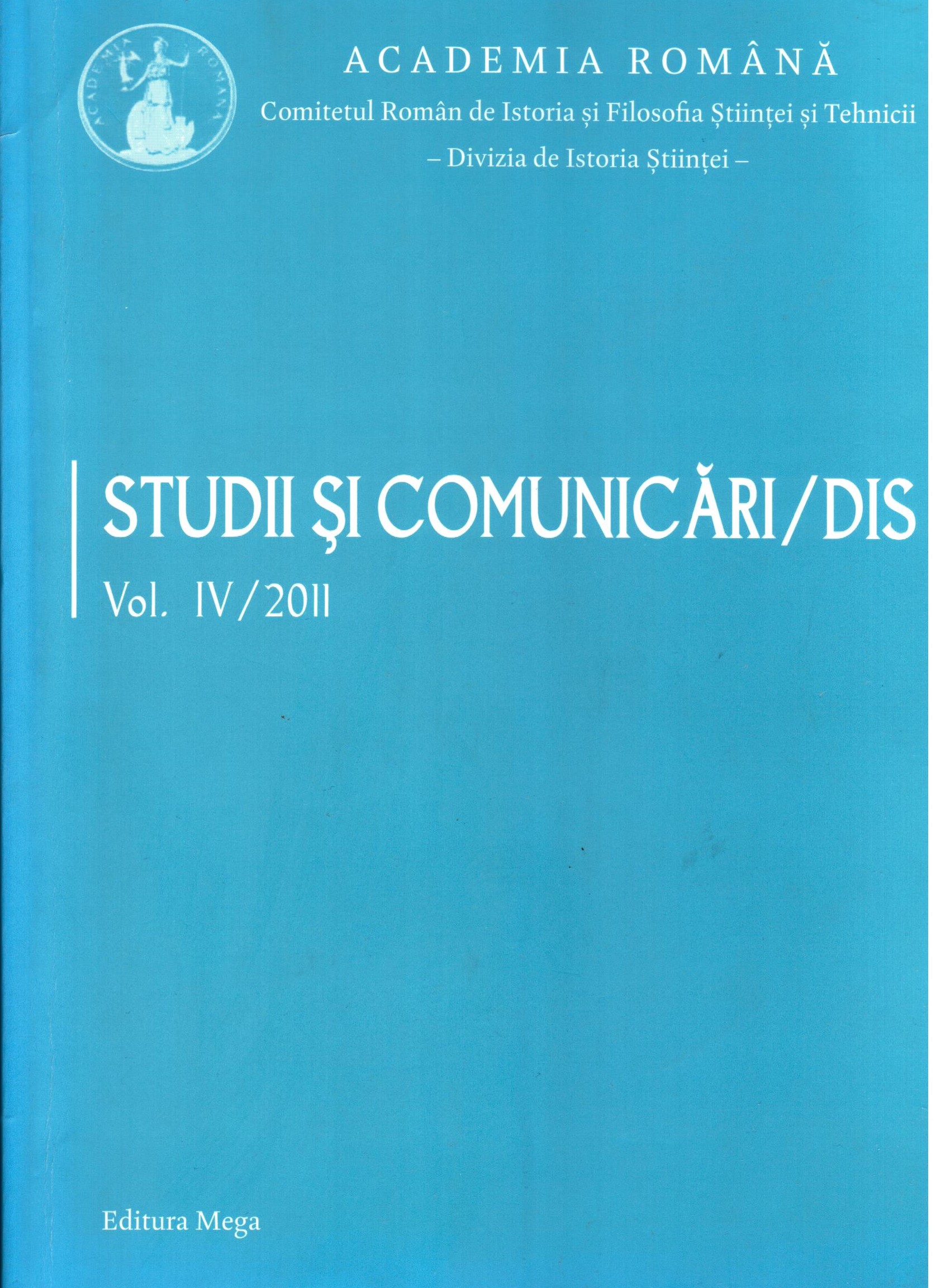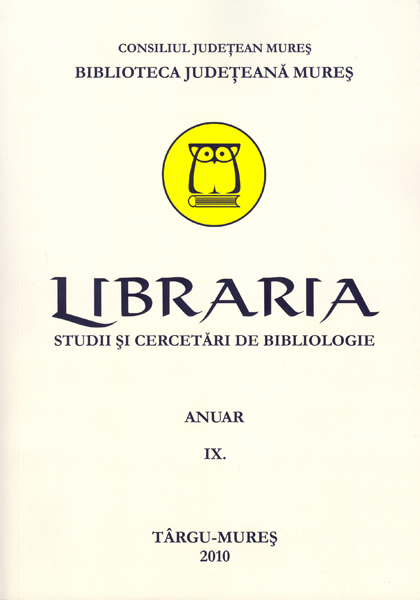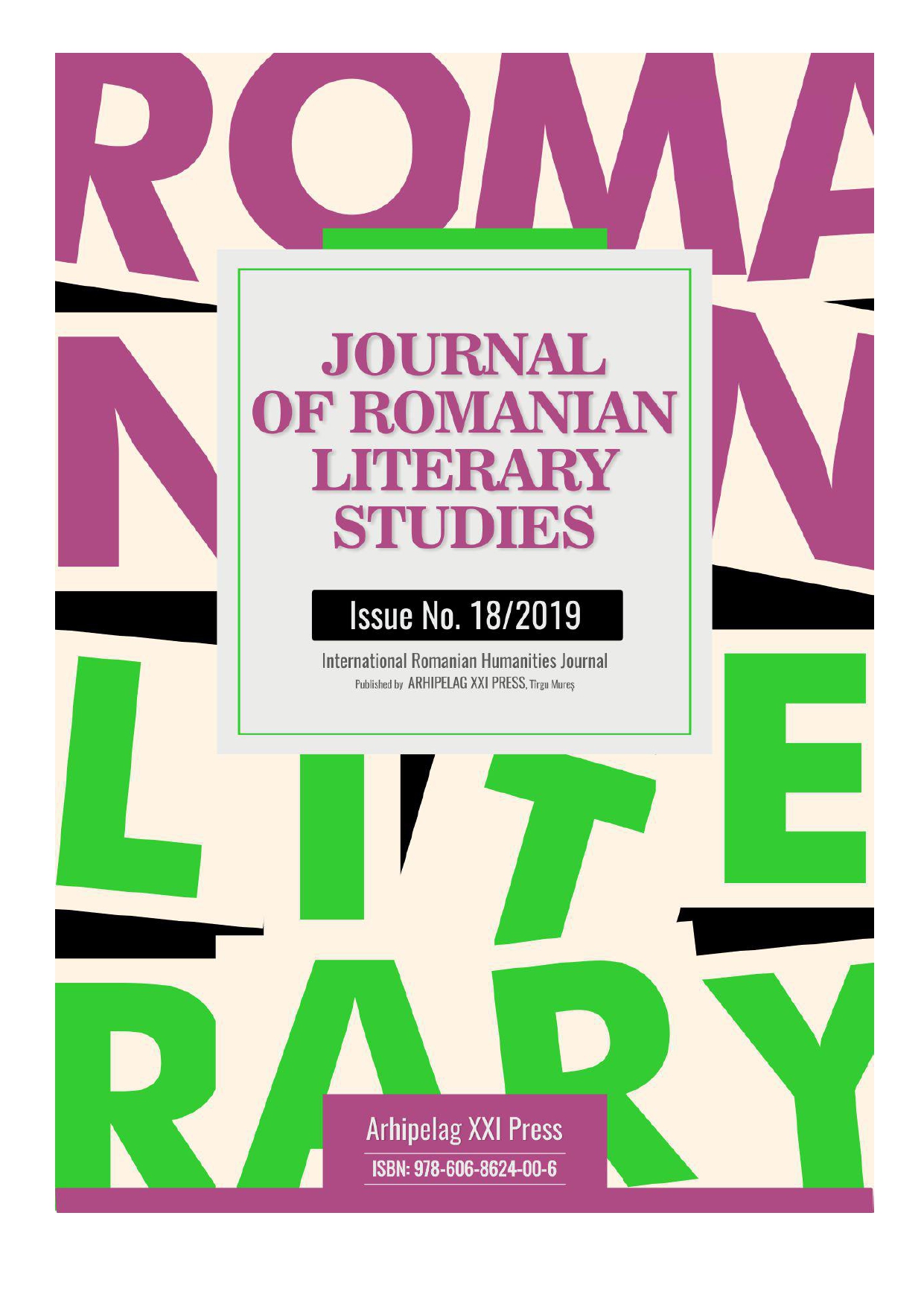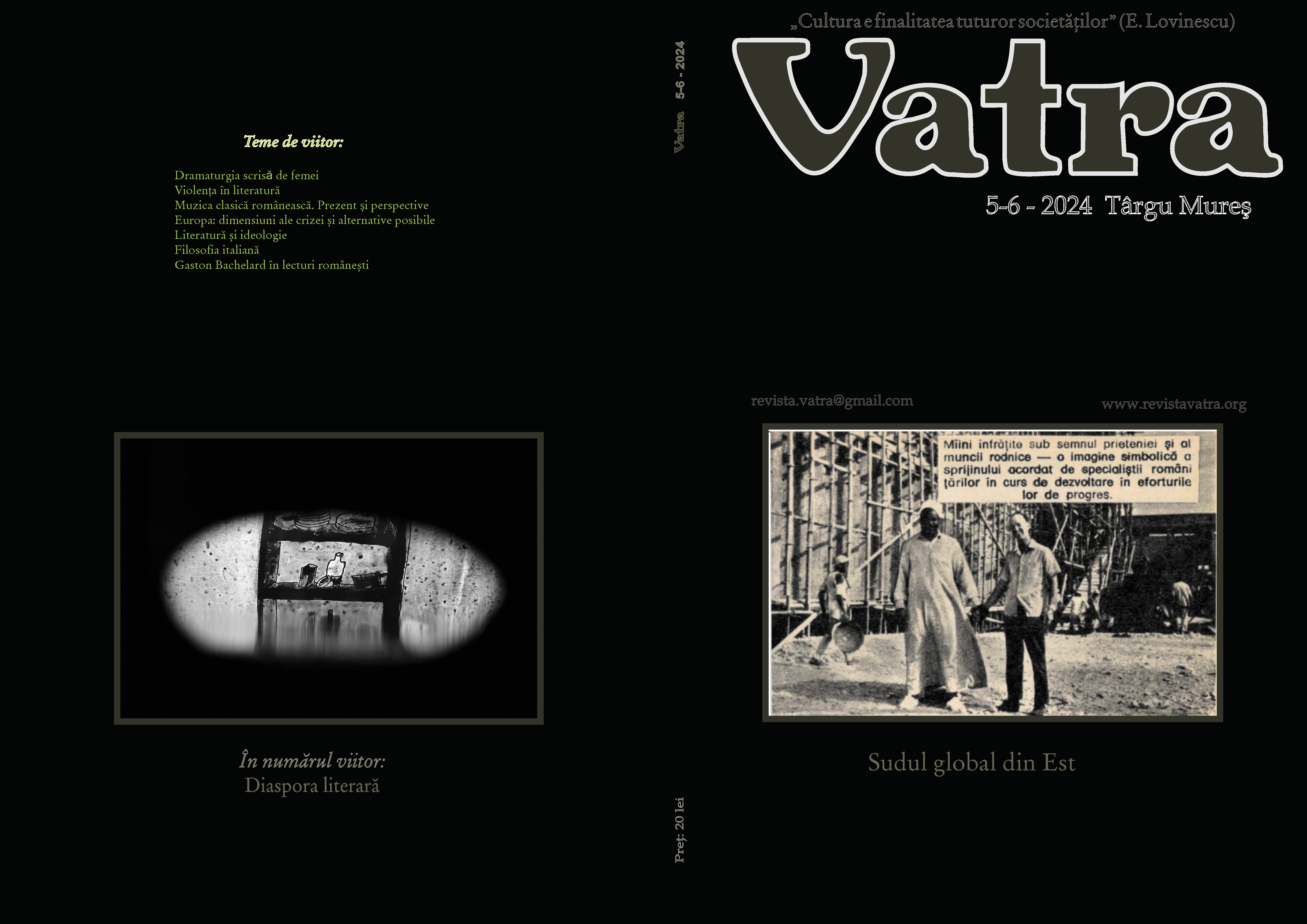EUGEN IONESCU – HUGOLIADA
Author(s): Constantin Cubleşan / Language(s): Romanian
/ Issue: 1/2010
Keywords: V. Hugo; E. Ionescu; burlesque novel; Hugoliada
Eugen Ionescu wrote in Romanian a text that may be considered a burlesque novel, a polemic essay or a false fictionized biography dedicated to Victor Hugo. 1935 was the year when people from all over published studies, articles and fictionized biographies in order to commemorate 50 years from Hugo’s death. Ionescu was not an admirer of the French writer at all, but it was for him, a well-known nonconformist of his time, an occasion to show to the Romanian public that he was free and willing to adopt a negativist attitude about any value of the literature. His attitude was significant for the avant-garde of his time, a movement proclaiming the flooding of the libraries and the burning of the museums as symbols for a violent rupture with all the academic and artistic works from the past. The text we are discussing is part of the above mentioned artistic concepts. “Facla” magazine announced at 30th of November 1935 a novel written by Ionescu and entitled Victor Hugo or Genius, Love, Insanity and Death (Victor Hugo sau Geniu, amor, nebunie şi moarte). The title changed twice, first to The Solemn and Ridicule Life of Victor Hugo (Viaţa solemnă şi ridiculă a lui Victor Hugo) and after, in 1936, to The Grotesque and Tragic Life of Victor Hugo (Viaţa grotescă şi tragică a lui Victor Hugo). It was not literary criticism, but an old French moralists like causerie, different in its literary techniques and adopting avant-gardes’ techniques.
Ionescu’s entire creation brings an innovative criticism build on facts doubled by moral considerations and, more than this, by aesthetic considerations. The Romanian writer creates an absurd biography of a celebrated writer, transforming him into a burlesque, ridiculous character, with an abject aura, an emanation of vain gloriousness, a character created only to fall in the end into ridicule and contempt. Victor Hugo, the romantic poet, casts on a mirror the image of another Victor Hugo, the character of a burlesque novel, a stereotype for a world where the normal communication of feelings, ideas and emotions was impossible and almost useless.
Hugoliada was an exercise of a young writer, a portent of the playful, absurd theatre Ionescu was going to write later. The text we are discussing is important for a real understanding of Ionescu’s evolution and intellectual concerns. It is a step in Ionescu’s way to find and define his literary and artistic personality. Even if inferior as value to Ionescu’s later plays, Hugoliada has an archival importance for the literary archeology, especially due to its language, which is spectacular, opulent, well articulated and provocative for the reader, revealing a fine writer. This language offers to the reader the possibility to choose between laughter and indignation, transforming the world in a big fictional stage.
More...
